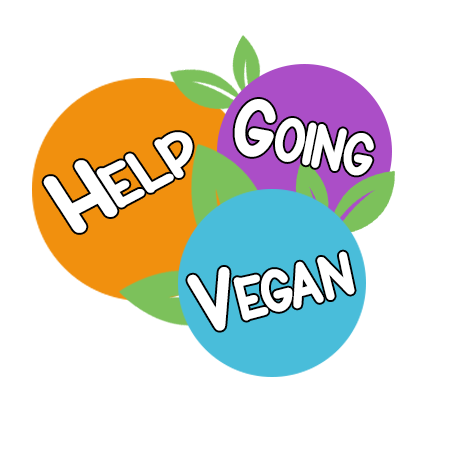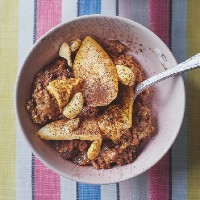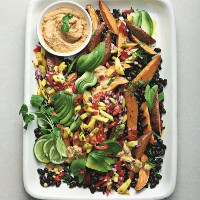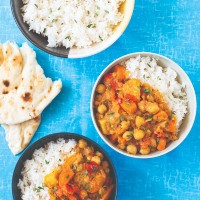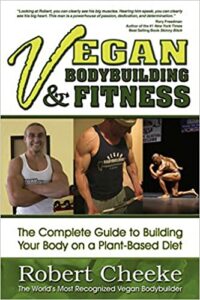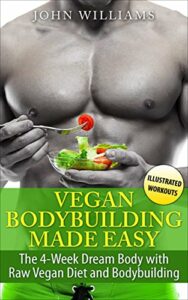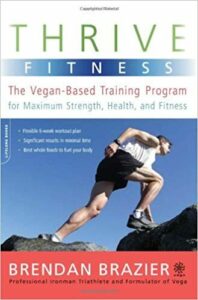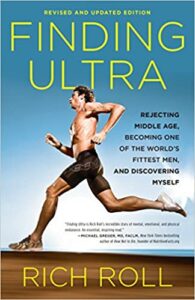Your Health
Stages of life.
All of our recipes have been developed with the expertise of dietitians to ensure that they are nutritionally balanced – as well as being phenomenally tasty. Altogether we have over 40 recipes to explore! (Courtesy of The Vegan Society – Thriving Page)
Or check out our Youtube Playlists – with many, many more and always new ones being added!
Below you will find a bunch of delicious, balanced recipes which will inspire you to get cooking.
You can also find some wonderful Thriving Stories. From world record breaking athletes to busy parents and business owners, these inspiring individuals show what can be achieved on a vegan diet.
We know that when it comes to something as fundamental as nutrition, it’s important to hear from the experts. Take a look at our Thriving Facts to hear what the experts have to say, and to hear their top tips for getting the most out of a vegan diet.
It’s perfectly possible to get everything you need from a vegan diet, no matter your age or energy requirements. We’ve put together some key facts for you, including benefits of going plant-based and an overview of our work with the British Dietetic Association.
But … you’d expect us to say that, right?
Well, you don’t need to only take our word for it.
We work with the British Dietetic Association to show those who choose a vegan diet that well-planned vegan diets can support healthy living in people of all ages.
Our
Nutrition and Health pages contain more in-depth advice and information written by registered dietitians. Our
Vegan Eatwell Guide will help you to get all the nutrients you need.
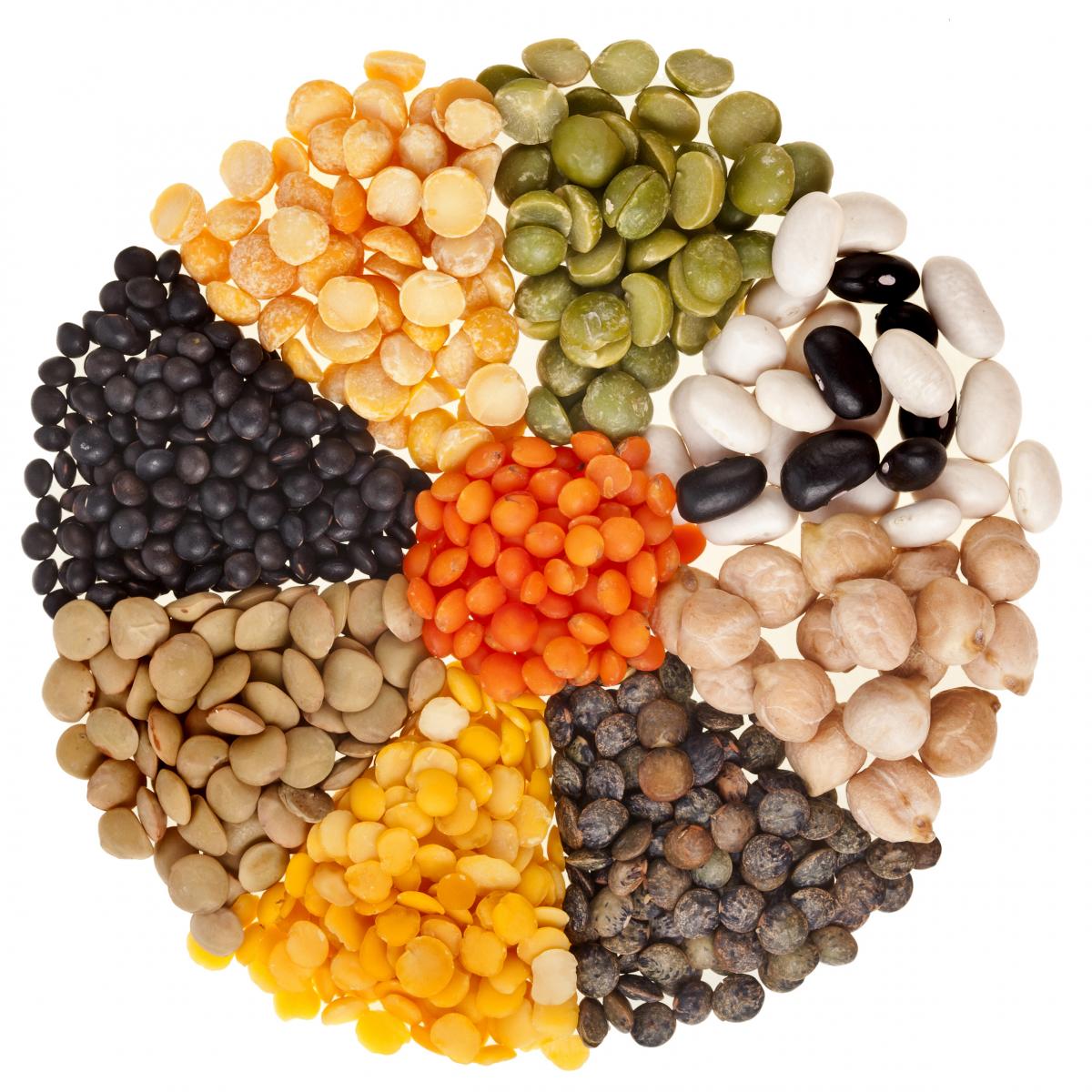
Vegan diets can support excellent health, find out more here.
Not only is it possible to thrive as a vegan, but there is also mounting evidence to show that a balanced plant-based diet can result in a whole host of health benefits.
Going vegan is a great opportunity to review your diet and make more room for health-promoting plant foods like wholegrains, nuts, fruits and vegetables, including beans, peas and lentils. Research from the Global Burden of Disease Study and the The American Journal of Clinical Nutrition suggests that optimising your intake of these foods may help to increase the likelihood of you living a long and healthy life.
5-a-day and over
According to the National Diet and Nutrition Survey, people in the UK are consuming too little fruit, vegetables and fibre and too much saturated fat. This type of fat has been linked to high cholesterol, which is a risk factor for heart disease. Eating a vegan diet means that you avoid consuming saturated fat from meat, dairy and eggs. Research from the Nutrients journal shows that healthy characteristics of real-life vegan diets include low saturated fat content and high amounts of fruit, vegetables and fibre, which suggests that switching to this type of diet has the potential to help people find a better balance.
Cancer prevention
The following World Cancer Research Fund recommendations for cancer prevention are easy to achieve if you’re eating a balanced vegan diet. This helps to explain why this way of eating has been associated with lower rates of some types of cancer:
- Eat plenty of fruit and vegetables – at least five 80g servings a day
- Make wholegrains, beans, peas and lentils a major part of your daily diet
These articles by The American Journal of Clinical Nutrition and Cancer Epidemiology, Biomarkers and Prevention explore research on meat-free diets and lower cancer risks.
Furthermore, vegans benefit from avoiding processed and red meat, which The World Health Organization categorises as an agent that causes cancer and an agent that probably causes cancer respectively.
Diabetes prevention
Vegan diets have been linked to lower rates of type 2 diabetes and there is clinical evidence that they can help with the management of this type of diabetes as well as weight management. Read more in the following articles from research journals: Nutrition, Metabolism & Cardiovascular Diseases, Diabetes Care, Nutrition & Diabetes, Obesity and another article from Diabetes Care.
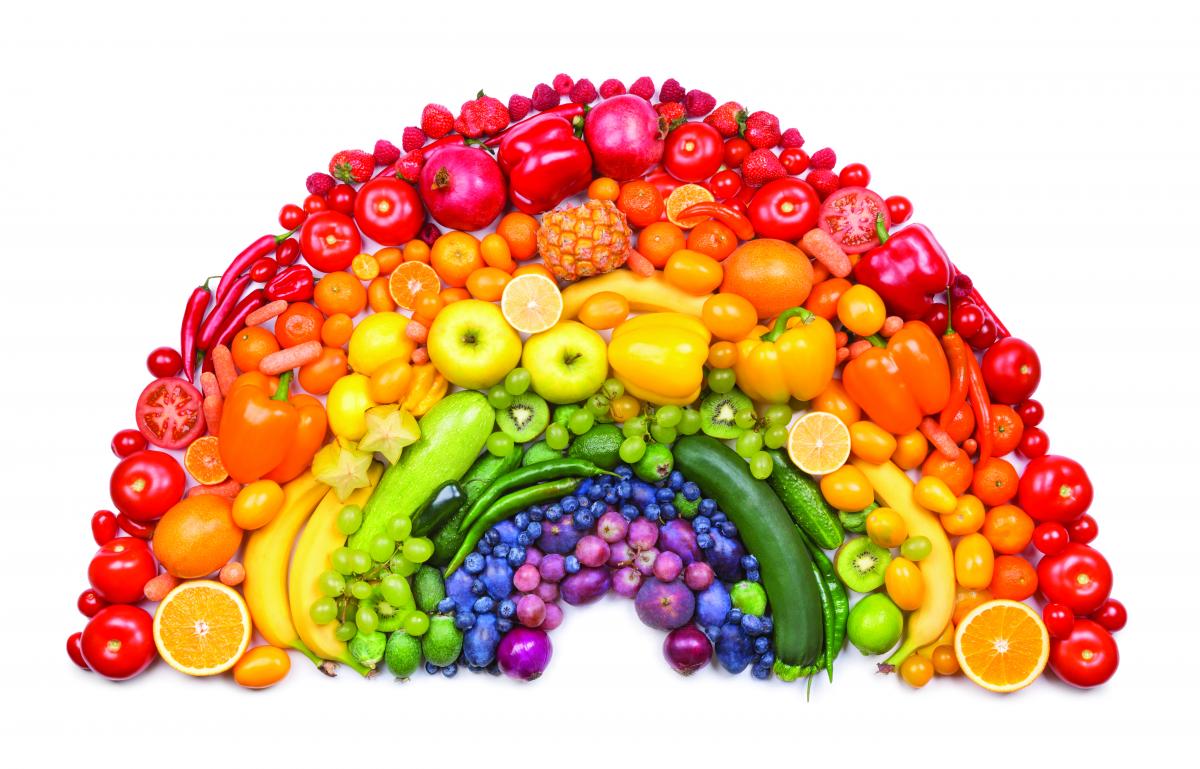
Guidelines about heart-healthy living encourage consumption of wholegrains, nuts, seeds, fruit and vegetables, including beans, lentils and peas.
Balanced vegan diets contain plenty of these nutritious plant foods, and in fact, UK research has linked this way of eating to lower cholesterol and lower blood pressure and body mass index, which are all risk factors for heart disease.
Have a read through our user-submitted collection of highly relatable experiences. They may only be anecdotal evidence, but they’re well worth exploring and reading for yourselves.
Vegan and Plant-Based Athletes & Resources;
Vegan athletes prove that a plant-based diet is in no way an obstacle to not only thriving, but reaching incredibly high standards of physical performance. Our site shows this and in doing so destroys the outdated myths that meat and dairy foods are crucial to peak performance. The standard and variety of featured athletes means that we can easily eliminate these belief which often prevent people from trying veganism themselves.
